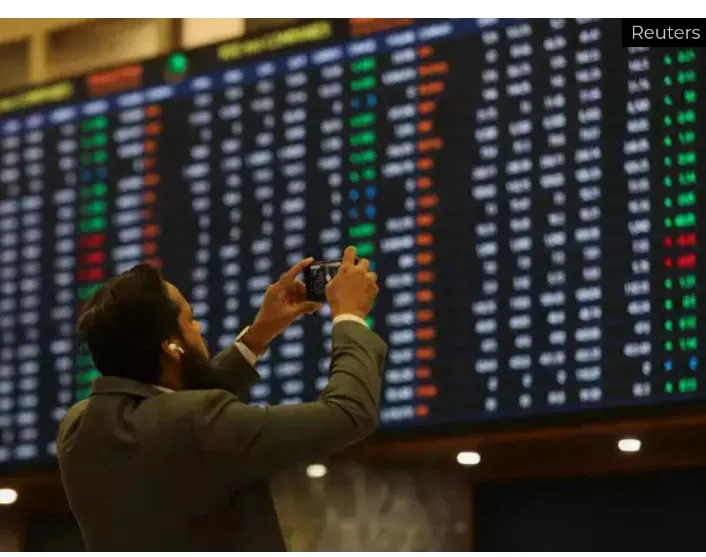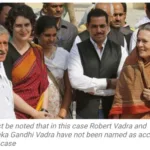In a Policy Vision article featured in the latest UNDP publication, World Bank Country Director Najy Benhassine highlighted that Pakistan’s current economic model is failing, causing a reversal in poverty reduction progress. The benefits of growth, he noted, are disproportionately reaching a narrow elite.
Benhassine emphasized the need for policy changes in critical sectors like agri-food and energy. In agriculture, he suggested reforms to address subsidies and price restrictions, while in the energy sector, he called for progress towards financial sustainability and increased private participation.
Addressing climate change impacts, Benhassine stressed the urgency of improving fiscal management, reducing debt servicing costs, and enhancing domestic revenue mobilization. He called for increased progressive taxation and cutting regressive subsidies to ensure resources for human development, infrastructure, and climate adaptation.
The World Bank official underscored that a more dynamic and open economy, along with improved living standards, requires reducing protection for inward-oriented sectors, improving the overall business environment, and addressing structural macroeconomic imbalances.
In a similar vein, Yong Ye, Country Director of the Asian Development Bank in Pakistan, emphasized consistent policies and reform momentum as vital for addressing economic challenges. ADB remains committed to supporting Pakistan’s development under the ADB Strategy 2030.
*







